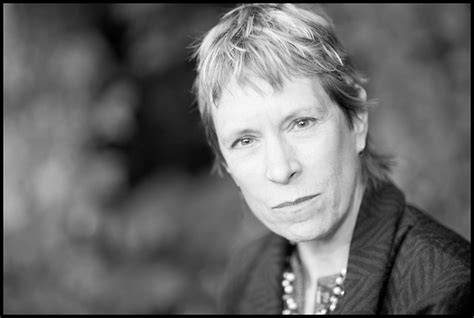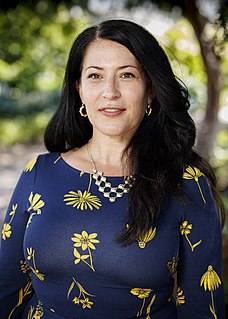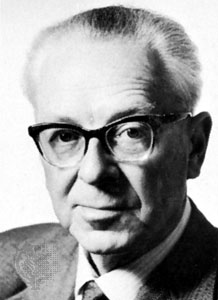A Quote by Chase Twichell
In Advance of All Parting is a tough, unsentimental examination of marital grief. Musically elegant and inventive, understated and passionate, the poems give us a profound glimpse into how the events of a life can form a center of gravity that fixes the self in its force field. Theres a cold, truth-telling clarity about them that makes them as unsettling as they are beautiful. Ansie Baird has created a richly-drawn world in which this elemental drama plays out, and the result is vivid, startling poems in which pain has left its indelible tracks.
Quote Topics
About
Advance
Beautiful
Center
Center Of Gravity
Clarity
Cold
Created
Drama
Drawn
Elegant
Elemental
Events
Examination
Field
Force
Form
Give
Glimpse
Gravity
Grief
How
Indelible
Inventive
Left
Life
Makes
Musically
Out
Pain
Parting
Passionate
Plays
Poems
Profound
Result
Self
Startling
Telling
Them
Tough
Tracks
Truth
Understated
Unsettling
Us
Vivid
Which
World
Related Quotes
With ferocity and extraordinary craft, Lizzie Harris has made a book of poems that resonates far beyond the personal stories it tells. Stop Wanting reveals, in every lyric, its author's profound metaphorical gifts. In its ironies and intensities, it brings to mind a writer like the young Sylvia Plath, though what is startling about Harris' s work is the way it combines those gifts with a muted, deft self-awareness. Most of all, these are wonderfully shaped, powerful, and surprising poems-a startling debut.
Rational thinking which is free from assumptions ends therefore in mysticism. To relate oneself in the spirit of reverence for life to the multiform manifestations of the will-to-live which together constitute the world is ethical mysticism. All profound world-view is mysticism, the essence of which is just this: that out of my unsophisticated and naïve existence in the world there comes, as a result of thought about self and the world, spiritual self-devotion to the mysterious infinite Will which is continuously manifested in the universe.
These are crystalline - oftentimes incandescent - translations of Juarroz's powerful metaphysical poems where eternity and silence jut up against a world where “writing infects the landscape” and there are “more letters than leaves” - The kind of match one hopes for where both the translator and the poet are in luck; new poems which don't leak and yet old poems in which the original passion shines.
My favorite word is clarity...clarity...clarity. And the critical clarity is what is the transformation that is going to take place in the customer's life or work when they buy and use your product? And how profound is that? How important is that? You know the old saying, "If you could come up with a cure for cancer you'd be a billionaire by the end of the week" because of that profound result.
Precise, graceful, and generous, the poems in SuperLoop, seem to be born out of a deep, careful attention and a profound compassion. Sometimes the quiet observer, sometimes the kid in the center of the messed-up carnival, these poems are the fireflies you’ve missed all winter, the longed-for return of the bees. Unaffected and inherently hopeful, Callihan’s work is as merciful as it is moving.
When poets die, other poets take it personally, almost as an affront. A lot of us "left behind" are thinking that poetry is the one thing keeping us alive and present, so what does it mean when one of our ranks chooses to end his or her life? There's an anger beneath the grief, you know? That anger and grief, in turn, breeds other poems from those of us left behind.
It's true, there aren't many explicit references to Canada in my book. And not many explicit references to the U.S., either. I try to fill my poems with enough real, observed detail that the poems create a believable world - but I don't write poems for the sake of telling my own story. My life is not important or interesting enough to warrant that kind of documentary. Instead I try to use my experience as a way of understanding situations that are common to many people. I want readers to project their own lives onto my poems.
How can they be delivered from the life of self, who are not willing to abandon all their possessions? How can they believe themselves despoiled of all, who possess the greatest treasure under heaven? Do not oblige me to name it, but judge, if you are enlightened; there is one of them which is less than the other, which is lost before it, but which those who must lose everything have the greatest trouble in parting with.
It is a function of creative men to perceive the relations between thoughts, or things, or forms of expression that may seem utterly different, and to be able to combine them into some new form. Britten's Nocturne, for example, which unifies musically a group of poems by different hands, is a notable example of his power to connect the seemingly unconnected.






































